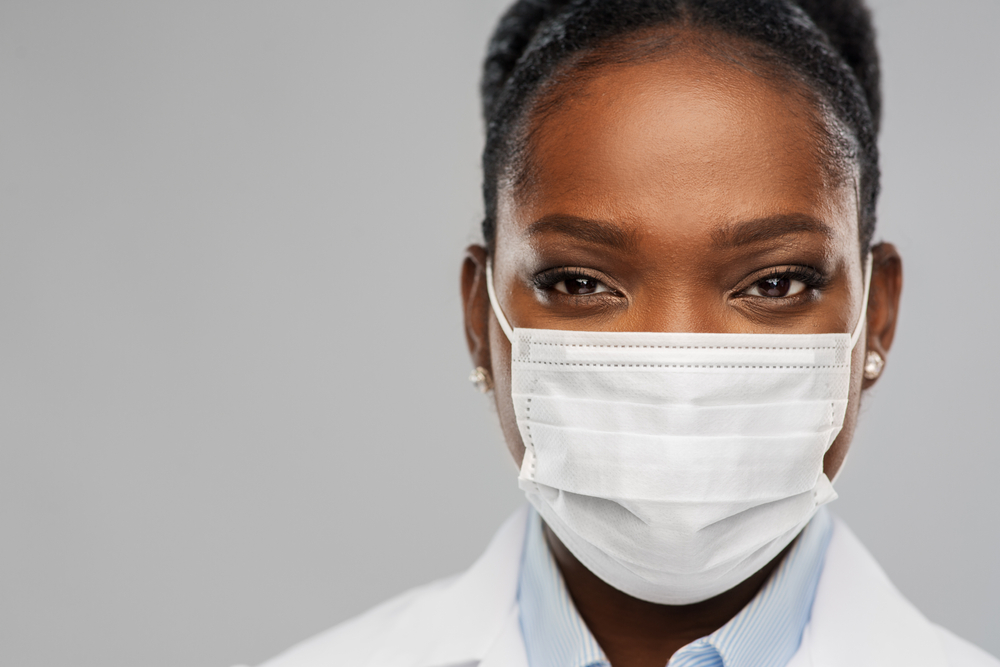
Masks protect people with underlying conditions
A teenager who packs your grocery stores can have type 1 diabetes. The child on the bus might have a heart defect. The man in line in front of you might be caring for his wife who has MS. The fact is, more than half of the people you meet on a regular basis are likely to have a hidden underlying disorder, such as high blood pressure or diabetes.
A Canadian study found that 54% of workers do. And the evidence is clear that people with underlying medical conditions are at the highest risk of serious complications. Managing chronic disease is hard enough in the best of times. We can extend kindness by not making it more difficult. Donating a mask in public will keep everyone safe.
Masks are an easy, low-tech preventive measure until we have a vaccine
Until a coronavirus vaccine is available, our only preventive choices are handwashing, physical distancing, and wearing masks. Even if the vaccine has been tested and defined to be both safe and effective, it will take some time before it will be widely available.
“Even if you just focus on the United States, you’re talking about immunizing 300 million people. It may be that these vaccines are going to need two doses to work—an initial shot and a booster dose. That’s an awful lot of vaccinations that have to take place to get a large percentage of the population immunized,” says Pekosz. “This won’t be a light switch. It will be a process, based on the logistics.”











































